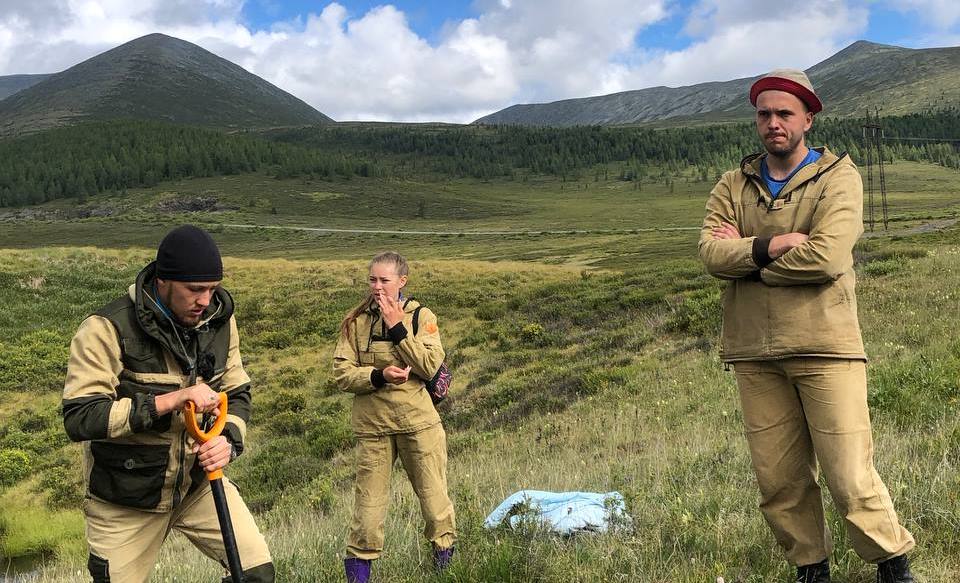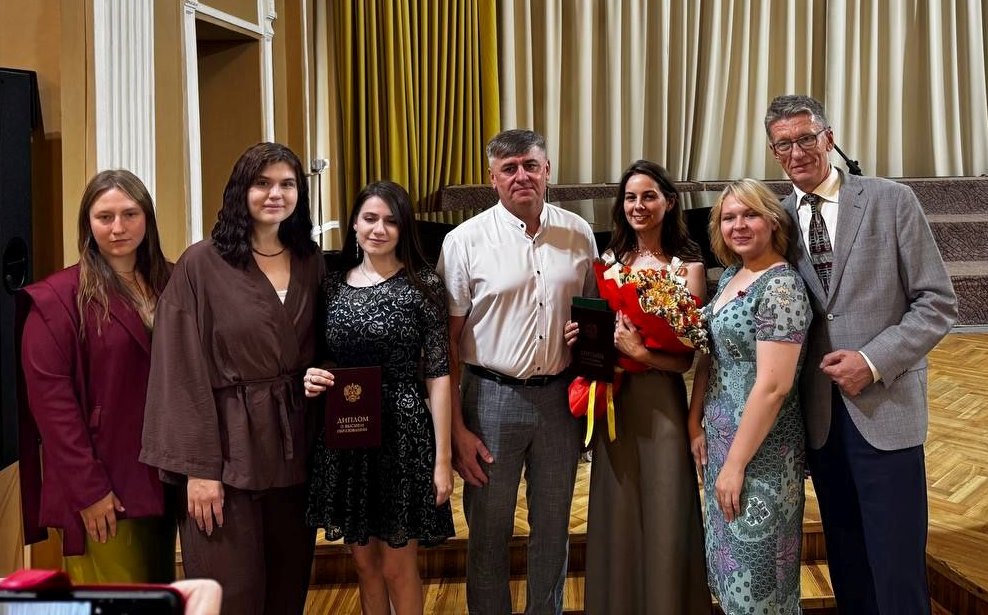Tomsk State University and EkoNiva Group of Companies signed an agreement that expands cooperation between the university and its industrial partner. The Biological Institute of TSU already provides training of soil scientists and agronomists. Besides, the Higher Engineering School of Agrobiotechnology of TSU begins training of livestock experts. Particular attention is paid to the development of technologies that make it possible to ensure the environmental friendliness of agriculture and the safety of products for the Russian consumer.
- TSU has almost a century-long experience in training soil scientists. The corresponding department was established in 1930, so we managed to create a good school that can provide a young specialist with a good set of knowledge and competencies, - says Oleg Merzlyakov, acting head of the Department of Soil Science and Soil Ecology. - Soil scientists and agronomists will always be in demand, since their main task is to provide people with quality food. Russia nowadays focuses on the dynamic development of agriculture and the rational use of land resources.

Photo by TSU Biological Institute
Tomsk State University and EkoNiva Group of Companies will cooperate in several directions. The agricultural holding already provides students of the TSU Biological Institute with salaried placement, covers travel and accommodation expenses. After the end of their practical internship, many students stay in production facilities until the beginning of their classes at TSU.
- EkoNiva is really interested in recruiting our graduates, so recently the representatives of the holding came to Tomsk and TSU for the graduation ceremony, says Oleg Merzlyakov. - The agricultural holding has its offices in 39 regions, and we are trying to close the demand for soil scientists. We place special emphasis on sustainable soil management technologies, since land degradation and deterioration of its fertility is one of the most serious problems around the world.

Photo by TSU press service
Oleg Merzlyakov notes that there are two main types of agriculture - intensive and extensive. The first is characterized by maximizing production per unit area. This is done through the active use of fertilizers, pesticides and other things. The result is depletion and pollution of soil, nitrogen fertilizers "burn" soil microorganisms, then land restoration can take decades. An extensive type of land use focuses on careful technologies, ensuring soil health not so much due to chemistry as due to organic matter.
- If we think about the quality of products, the health of the nation and that our descendants still live on this planet, then this path is optimal, - emphasizes Oleg Merzlyakov. - Cooperation between TSU and the EkoNiva Group will expand in the near future. The agricultural holding has many livestock complexes, so they need livestock specialists. The TSU Higher Engineering School of Agrobiotechnology will ensure their training. TSU and EkoNiva Group of Companies have many mutual interests, so I am sure that with time we will cooperate in other areas as well.






